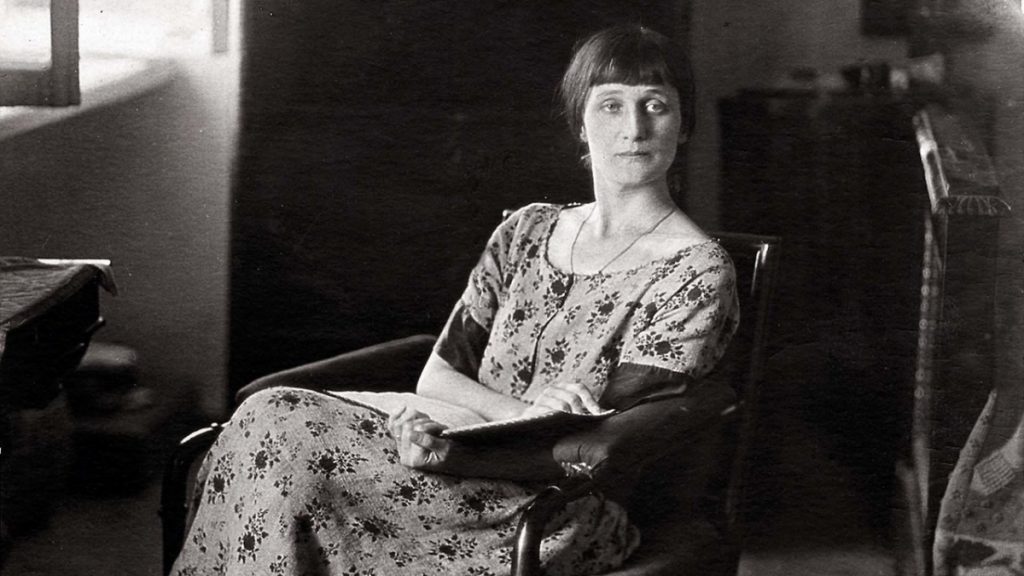
with brother Alexander (on right). painting by Leonid Pasternak
My desk is not so wide that I might lean
Against the edge and reach out past the shell
Of board and glass, beyond the isthmus in
The endless miles of my scraped out farewell.
(It's night there now.) Beyond your sultry neck.
(They went to bed.) Behind your shoulders' realm.
(Switched off the light.) At dawn, I'd give them back.
The porch would touch them with a sleepy stem.
No, not with snowflakes! With your arms! Reach far!
Oh you, ten fingers of my pain, the light
Of crystal winter stars-and every star
A sign of northbound snowbound trains being late.









